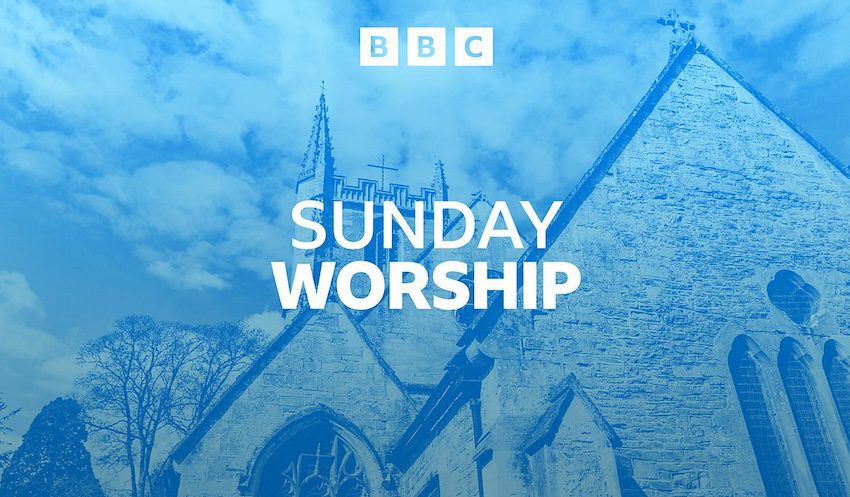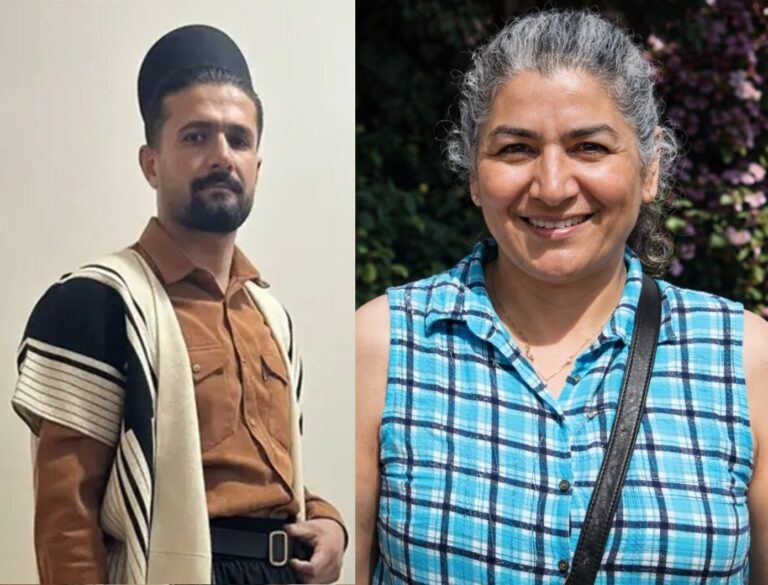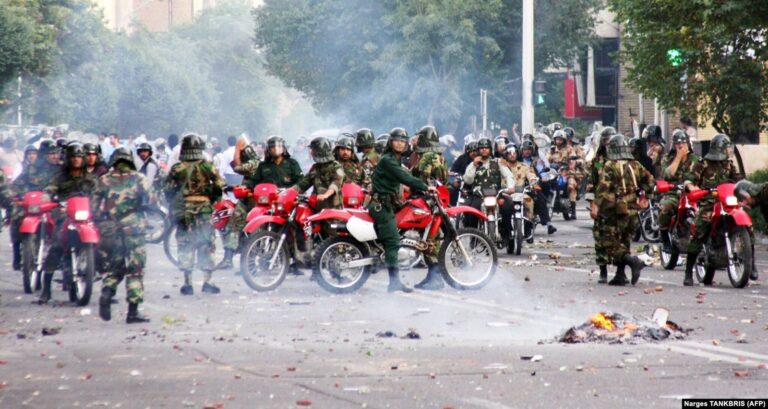The growth of the Persian-speaking Church in spite of suffering was the focus of a BBC radio programme yesterday.
BBC Radio 4’s ‘Sunday Worship’ programme was broadcast from a Persian-speaking Anglican church in the northwest of England, under the title: “Farsi Christians – hope in the midst of trial”.
The service was led by the church’s senior minister, Iranian-born Christian convert Omid Moludy, and the sermon was delivered by British-Iranian bishop Guli Francis-Dehqani, whose father once led the Anglican Church in Iran and whose family fled the country following the assassination of her brother.
Rev Moludy spoke of the “sorrow and hope” carried by the many Iranian Christians in the diaspora, such as those now living in the UK, after “leaving behind homes, families and familiar ways of life”.
The service’s theme – of hope amidst suffering – was for many Persian-speaking Christians “not an abstract idea but a lived reality”, he said, with many Persian Christians facing “hardship, isolation and even persecution because of their faith in Christ”.
One church member, who was not named, shared her story of converting to Christianity in Iran, then fleeing the country in 2014 after being threatened by the authorities after her change of faith was discovered.
The woman spoke of relishing the freedom she now enjoys in the UK, having been a member of St Aphrahat’s for 10 years, saying: “I can freely worship, meet with other [members of the] Christian community, freely go to church.”
In her sermon, Bishop Guli noted that “Anglican and other churches” in Iran “continue to operate under considerable strictures”, but that despite this a “thriving underground church movement” continues to operate, “with the ever-present danger of being discovered and facing the severe penalty of a brutal regime”.
She spoke of the “enormous and costly upheaval” that a religious conversion entails, saying such a decision may “take a lifetime to make sense of”.
“Conversion for a Persian may have involved the trauma of persecution, rupture from home and family, a crisis of social and national identity, and then there’s the shift into a new theological framework and concepts such as the Holy Trinity and the divinity of Jesus that take time to digest and understand,” the bishop said.
However, she said that while many may feel that they’re embracing a “faith that is alien”, she likes to remind her fellow Persians that “Christianity is no interloper but has been alive and present in Iran since the earliest times”.
“Despite all this, Iranians who adopt Christianity today are likely to experience suffering of one kind or another,” Bishop Guli said, including “estrangement from family, imprisonment, torture, even the death penalty. For my family, it was the assassination of my brother and exile.”
She concluded: “Today, as we celebrate the growth of Christianity amongst Persians in the diaspora, and give thanks for their contribution to the life of the Church, we should not forget the plight of those many 100,000s of Iranians and other nationalities who continue to suffer injustice, prejudice and persecution.”
Those with access can listen to the full programme here.




0 Comments